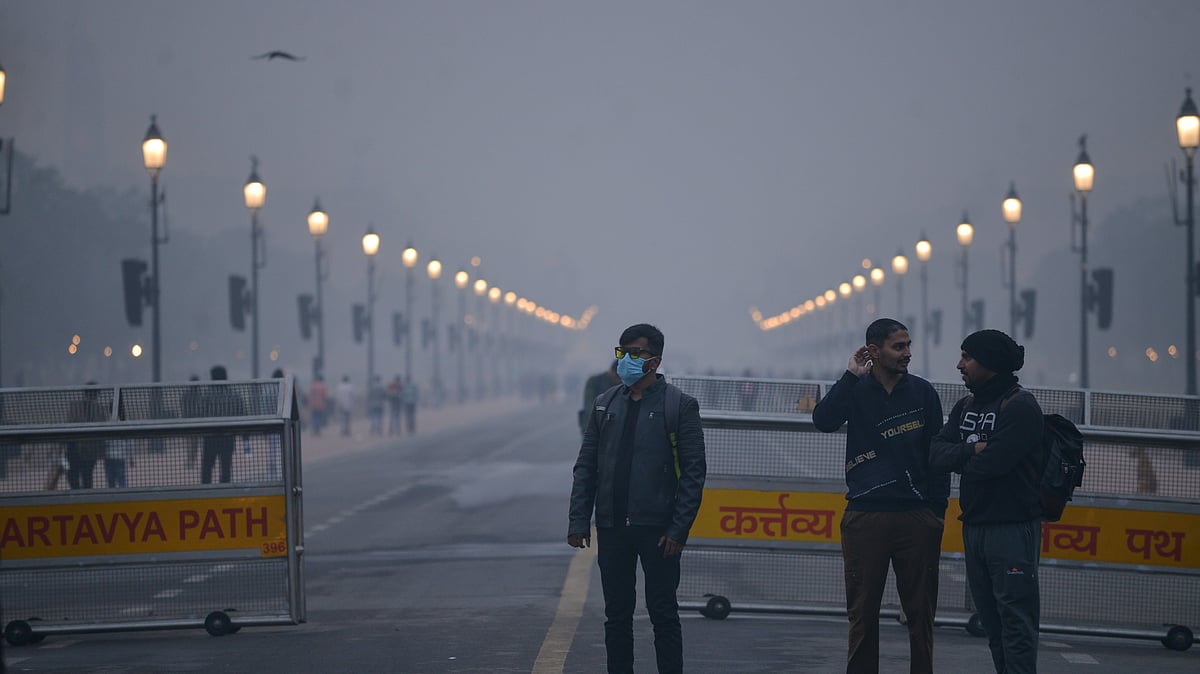The Bandicoot is the name of a machine, a pneumatic, semi-robotic device created to clean sewers and manholes. It is supposed to be the world’s first manhole-cleaning robot, and was developed in Kerala. The Bandicoot is meant to eliminate manual scavenging, saving humans from filth and agonising death. It’s an invention we should have greeted with whoops of joy, because who wants humans to go into sewage and manually clean it? And yet, the Bandicoot has hardly been put into use. Sewers are still being cleaned by people. Some of those people die in the sewers. Those who don’t die endure the filthy work because they need to earn a living.
This practice has been going on for so long that most people take it for granted. In actual fact, on paper the practice of manual scavenging, as it is called, has been outlawed since 1993 – and subsequently by another Act in 2013. But that’s on paper. In reality, manual scavenging – cleaning sewers and latrines by hand – is the primary occupation for almost 2 lakh families in the country, according to the National Census.
As you read this, the Safai Karmachari Andolan (www.safaikarmachariandolan.org) is holding a protest somewhere in India asking the government to stop the deaths of workers in sewers and septic tanks. Such a sustained and long-standing protest – every day in some part of India – should have received media space akin to other protests and people’s movements, but the fact is that sewer-cleaning humans seem to rank low on the priority list even in the media. This is dispiriting but in keeping with the other social spheres in our country, where sewer cleaners are treated as if they do not exist, and if their existence is acknowledged it is to “tsk tsk” at their plight and move on – or to justify the work they do on the basis of their supposed social status. That is, caste. Those 2 lakh families mentioned in the Census? They are Dalit families.
Here, probably, is the crux of why manual scavenging has not yet been eliminated, for all the government’s purported intentions and ineffectual laws. The general thinking is that people from the “lower castes” are born to do this work, and that they don’t know how to do anything else. Not only is this outrageous, it is also patently untrue. For one thing, no one is “born” to do filthy work just as no one is “born” to keep accounts, do gardening or be a head of state. This is work they learn to do, in the absence of other opportunities and options. It is work that is passed on through generations, and the compulsions of their community keep them mired in it. It is not out of choice that they clean faeces by hand, it is out of oppression. The practice of manual scavenging is “inherited”, and any resistance to take up the occupation would result in their ostracism by their families and villages, writes the Economic and Political Weekly
Urban do-gooders fondly believe that all children should go to school, and take young street vendors at their word when they say they attend school and sell knick-knacks in their spare time. But India’s reality is far different. The EPW in its article about manual scavengers continues, “Their children forgo education, and if fortunate enough to go to school, they end up sitting in a corner in the classrooms with minimal interaction with teachers and fellow students.”
Bezwada Wilson had a similar experience, as he recounted in an interview. Mr Wilson, co-founder of the Safai Karmachari Andolan, who comes from a family of manual scavengers, got the chance to pursue higher studies, but the profession followed by his parents and elder brother haunted his life and he was laughed at by other students in his school. After graduating, he approached the Employment Exchange Office where he was told that he would be given the job of a sanitation worker because of his caste. His fury at this sparked the formation of the Andolan and Mr Wilson’s lifelong mission to eradicate manual scavenging and help Dalits reclaim their dignity. For this he won the Ramon Magsaysay Award in 2016.
Mr Wilson has spent more than 30 years in his crusade, which should rightfully be a movement we should all support. Because, let’s face it, it is only by an accident of birth that we are “here” and not “there”. It is a crusade that the government needs to take up, and put its monetary might behind. The Bandicoot can easily be purchased and put to work all over the country, if only various administrations have the will to do it. But in a society where caste discrimination is more deeply ingrained than the lines on one’s hand, this simple move is apparently the most difficult to execute.
Vidya Heble is the Edit page editor









